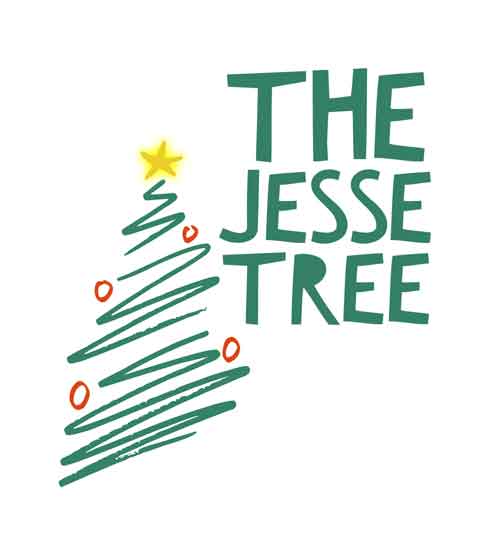Ruth and Boaz
Scripture:
Ruth 4:1-17 (also, review the story of Ruth or quickly read through Ruth 1-3 to understand the background of what is happening in chapter 4)
Reflection:
In George Orwell’s disturbing allegory, Animal Farm, the central commandment of the farm animals becomes: “Some animals are more equal than others.” This was Orwell’s way of challenging the idea that some people mattered and others did not. The wealthy mattered. The poor did not. Outsiders, especially foreigners, did not matter. In the ancient world, children and women also did not matter. Liberty and justice for all is usually liberty and justice for some.
Only four chapters in length, the Book of Ruth has been called one of the loveliest books to come to us from the ancient world. Of course, this is because it is a book about love. Ironically, the central love story is not the romantic love between the wealthy Boaz and the poor but beautiful young widow, Ruth. It is the bond of love that ties Ruth to her mother-in-law, Naomi. Although popular media depicts romantic love is the highest form of human caring, for most of history the bonds of family and friendship have rightly held that place.
Ruth was the archetypal outsider. She was a woman. She was a widow. She had no children. More than that, she was not a Jew. She was, in fact, a Moabite. The Moabites were a detested nation of idolaters that had a long history of conflicts with Israel. After her husband died, her former mother-in-law, Naomi, decided to return to Israel. The normal thing would be for Ruth to remain in Moab. But, she insisted on going with Naomi back to her old home in Israel, a little town called Bethlehem.
As a destitute foreigner and a woman, Ruth was reduced to gleaning to survive. She would go out in the fields and walk behind farm workers as they harvested the grain. She would pick up the leftover stalks the workers had missed. It was not much. But, the little bits of grain she gathered each day might help her and Naomi survive the coming winter. This practice, called gleaning, was established in the Old Testament (Leviticus 19:9) as a stop-gap last resort so the most impoverished might not have to starve.
While gathering these leftovers, Ruth came to the attention of a wealthy landowner named Boaz. Boaz, who is also related to Naomi, is both attracted to Ruth and sympathetic for her and Naomi’s desperate plight. He orders his workers to be sure to leave extra grain for her. As the story unfolds, Naomi sends Ruth to Boaz during a harvest festival. This bold move on her part prods Boaz into action. He arranges a formal gathering of the town’s leaders so that he can begin the legal proceedings to bring Ruth, along with Naomi, under his protection. First, another relative whose rights would legally supersede Boaz is offered the chance but refuses. This was just what Boaz knew would happen. At this point, he steps forward and formally takes responsibility for Naomi and takes Ruth to be his wife. In doing this, Boaz is given the label go-el, that is, “kinsman-redeemer.”
While it is common to read this act of Boaz as romantic, once again that is our modern bias. The real heart of the story is Boaz stepping up to fulfill his covenant obligations to both Ruth and Naomi. Both will be redeemed and any children will be Naomi’s grandchildren, too. In doing this, Boaz changes Ruth from an outsider to an insider. And what an insider she becomes. In one of the great surprises of the story, the book concludes by showing us that Ruth is a direct ancestor of none other than King David (and, therefore, an ancestor of Jesus, Himself). Ruth the Moabite becomes the Queen-mother of the nation of Israel and, just as we call Jesus “Son of David,” we can also call Him the son of Ruth.
Family:
Materials: Some grains of wheat, barley, or oats. The ideal would be some grains still on the stalks or, at least, complete grains that have not been milled. If that is too difficult to secure, then just some dried uncooked oatmeal will work.
Ruth did not fit in. Her husband had died and she decided to follow Naomi and move back to her husband’s old hometown. But, she did not fit in. She was not Jewish. She did not look Jewish. She spoke their language with an accent. She had no family of her own, except for her mother-in-law, Naomi. She was very poor. So poor that she had to go out in the fields after the harvest and look for little bits of leftover grain. Have you ever tasted what grain tastes like that has never been turned into flour and cooked? (give each person some of the grain to eat) Imagine, it is never cooked. You cannot bake or mix it with milk and sugar. And this was all she had for breakfast and lunch and supper.
In the same town, there was a kind man named Boaz. And Boaz saw Ruth and he felt very sorry for her. He ordered his farm workers to leave extra grain in the field, just so Ruth would be able to have enough to eat. Later, Boaz decided it was not enough just to make sure Ruth had plenty of grain to pick. He knew that Ruth needed a home. And, he decided to call all the town leaders together so that something would be done to take care of Ruth and Naomi.
Finally, in front of all the town’s leader, Boaz stood up and told everybody he was going to marry Ruth. He also promised to take care of Naomi for the rest of her life. They would both become a part of his family. This was what God had said he wanted families to do if a woman’s husband died and she had no one to take care of her. A relative like Boaz was supposed to bring her into his family. This person would be what the Jews used to call a Kinsman-Redeemer. He is a kinsman, which means a relative like an uncle or cousin. He is a redeemer because he brings her into his family and takes care of her.
The Jesse Tree ornament looks like a little bag of grain. This is like the grain Ruth would have been picking up as leftovers in the field. Boaz, because of his love and concern for Ruth and for Naomi, brings both of them into his own family.
Jesus invites us to be a part of his very family. Instead of being outsiders with God, we can become like children who have been adopted or like a poor widow who has found a new husband, one that loves her mother than she can imagine. Jesus is our Kinsman-Redeemer.
Prayer:
Think about how you were once an outsider. You were outside God’s people. You were worse than a beggar. You were a rebel and outside God’s forgiveness. But Jesus, your go-el, has redeemed you and brought you into his family. In your prayer time, talk about how amazing it is that you have been redeemed from outsider to insider. And, just like Ruth, your Kinsman-Redeemer is also from Bethlehem.
Think about the people who are the “outsiders” to us. Maybe they are from other countries. Maybe they do not look like us. Maybe they are poor. Are there people within a few miles of where you are right now who are going to bed hungry? Talk to God about these outsiders and how He wants us to think about them and what He would like to us to do for them.


